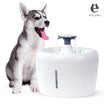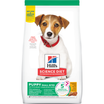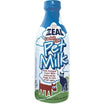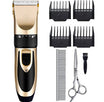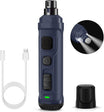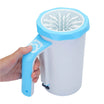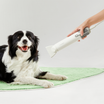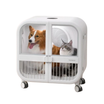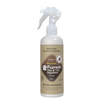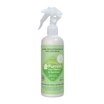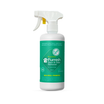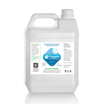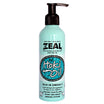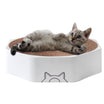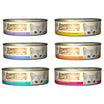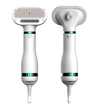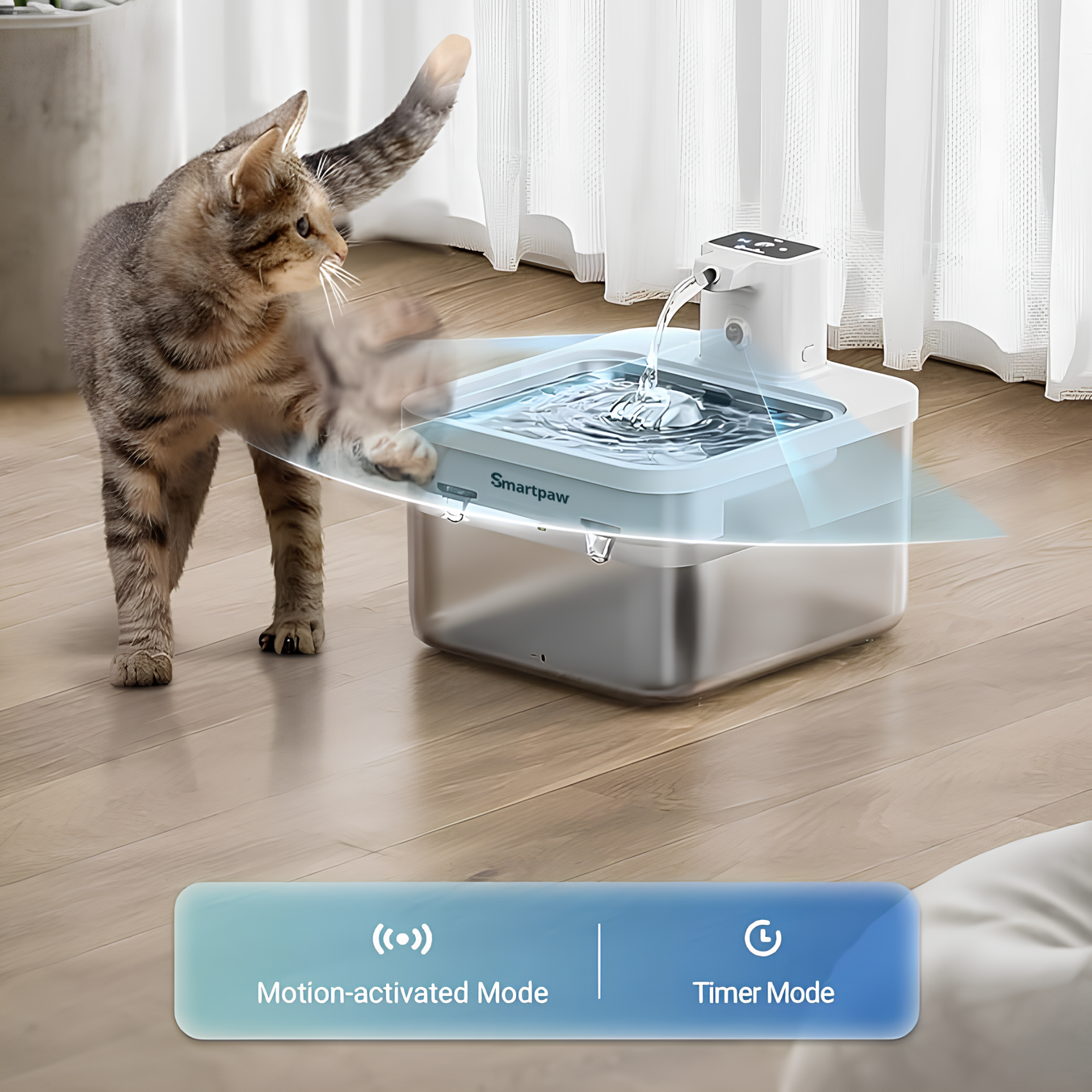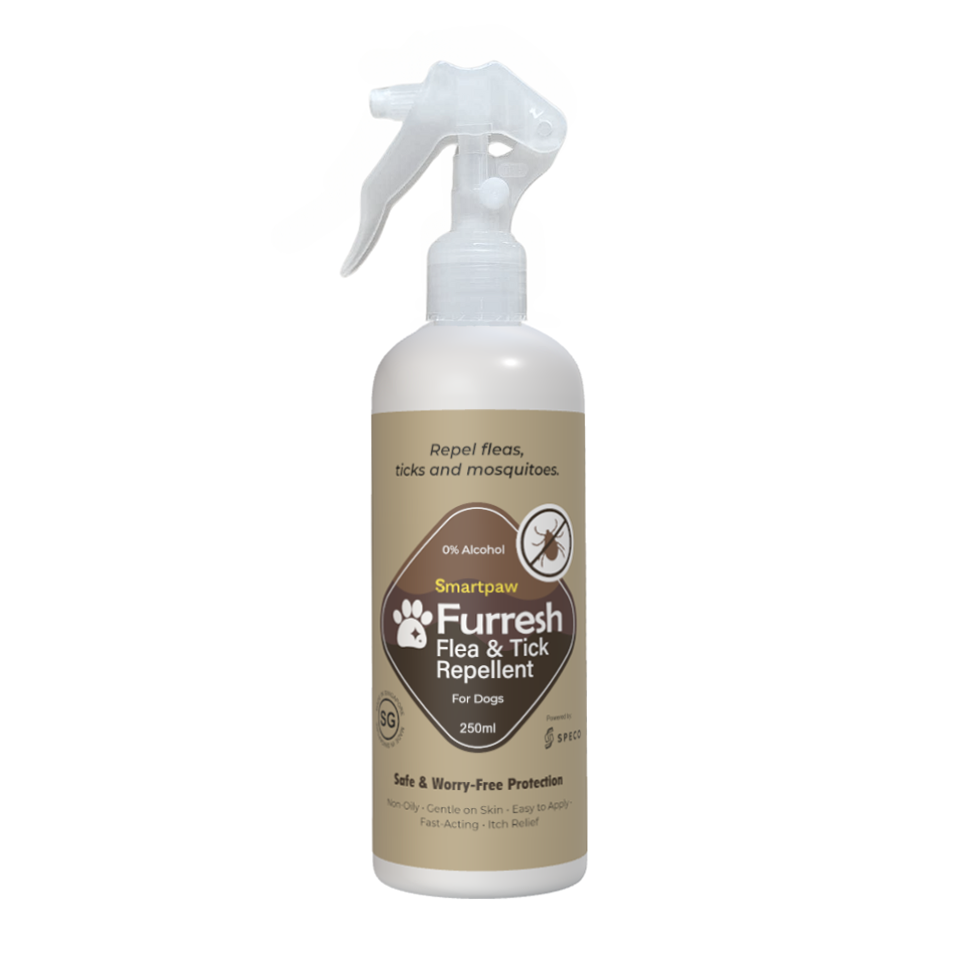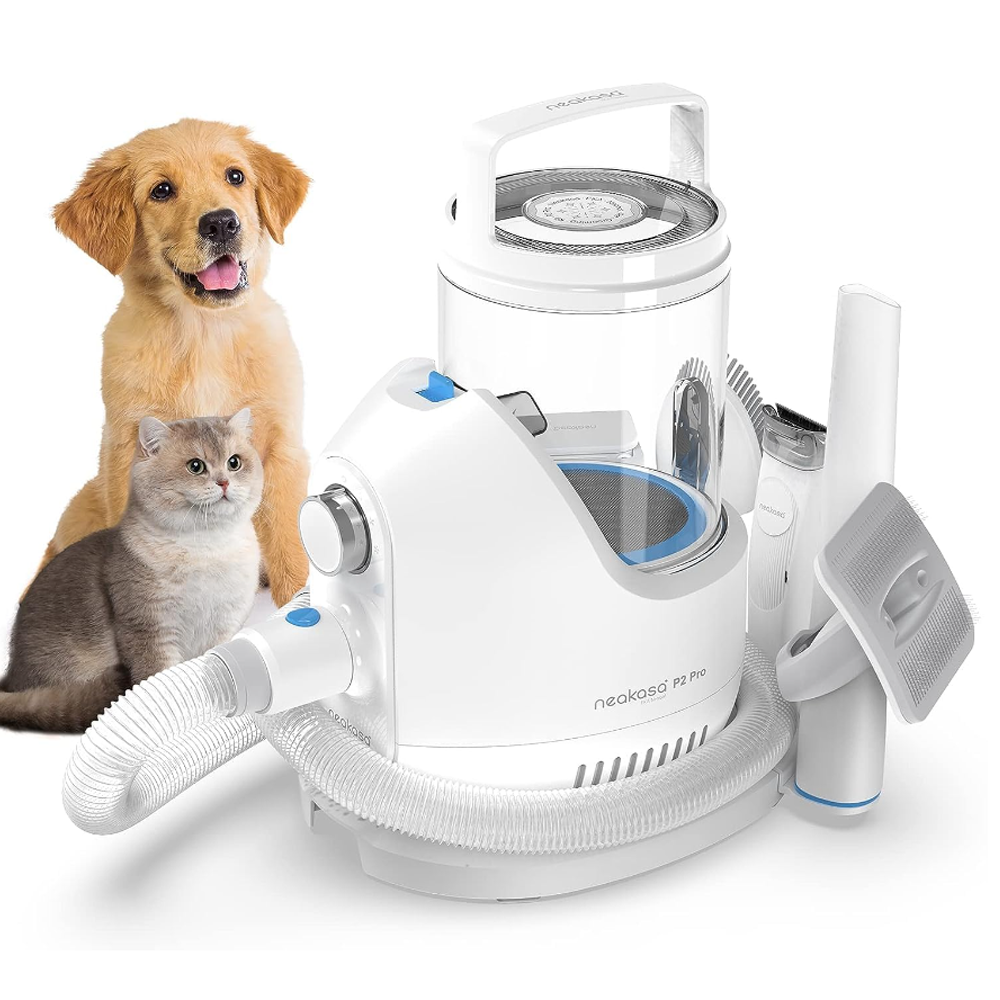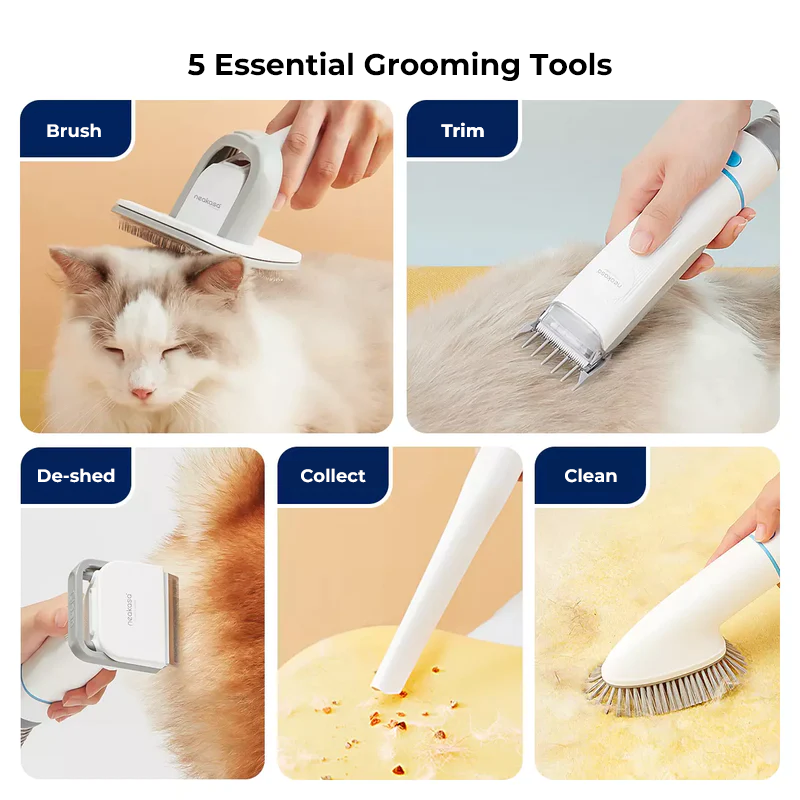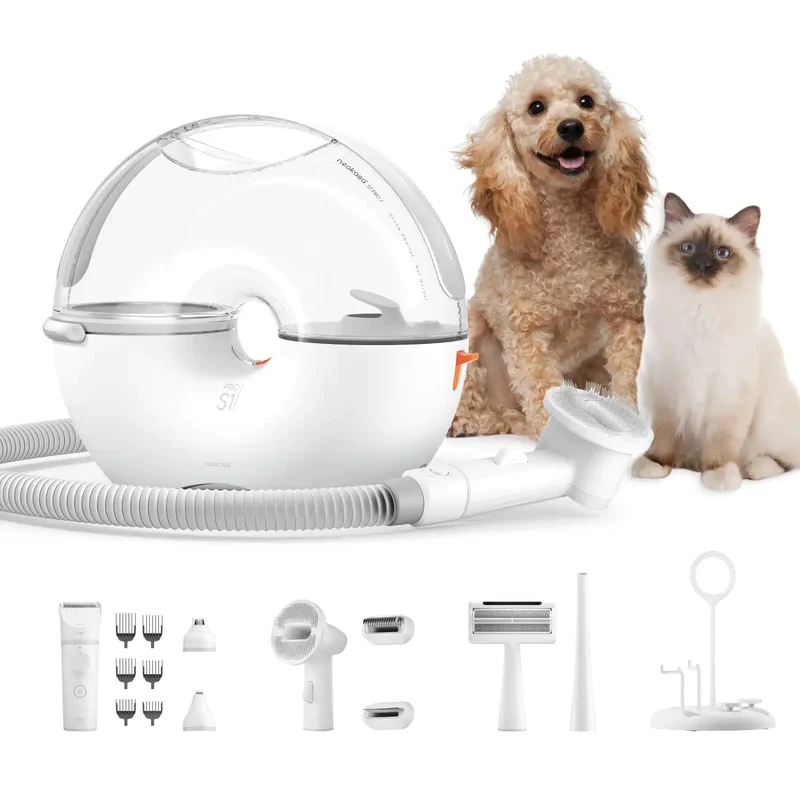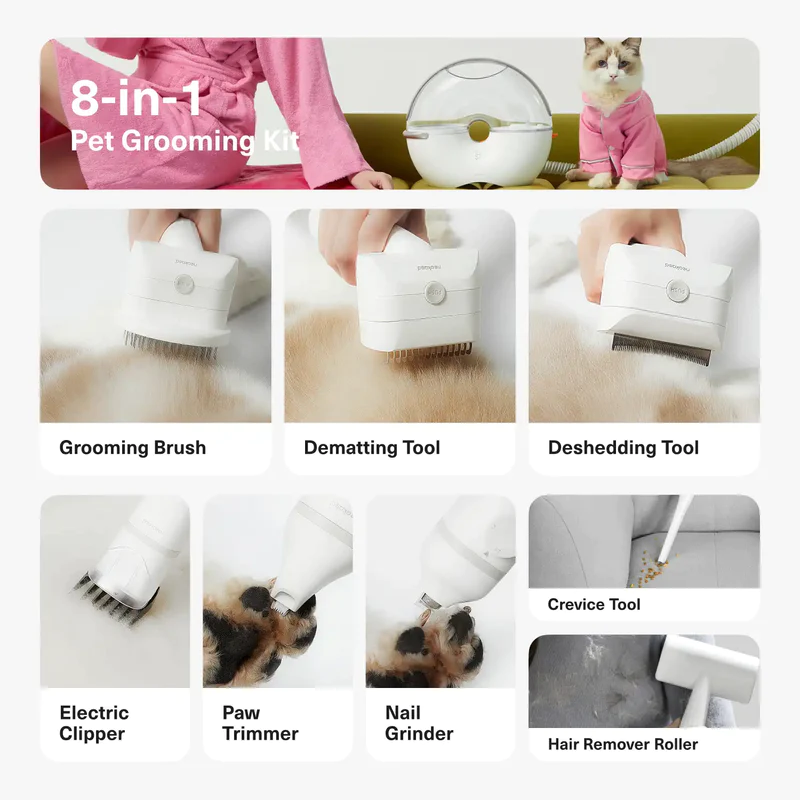As dengue fever cases surge in Singapore, reaching over 10,000 infections this year alone, the importance of understanding and addressing mosquito bites becomes critical for both human and pet health. With the rise in mosquito-borne illnesses, it's essential to consider how these pests impact our furry friends and to take proactive steps to protect them. In this blog, we'll explore the latest news on dengue in Singapore, discuss how mosquito bites affect pets, and provide practical tips to keep your pets safe from these pesky insects!
Latest News on Mosquitoes and Dengue in Singapore
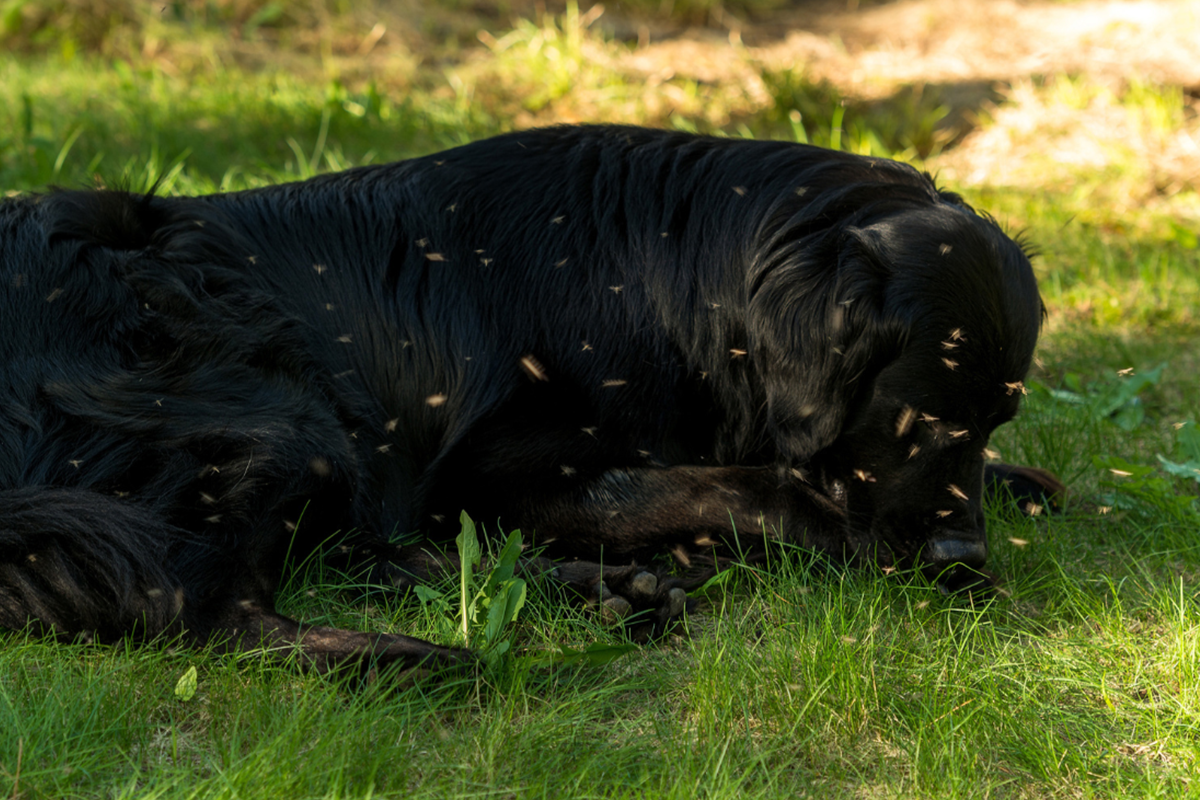
- Current Statistics:
The National Environment Agency (NEA) reports that dengue cases have significantly increased in 2024, surpassing the total number of infections in 2023. As of July 2024, there have been over 10,000 reported cases, with 13 deaths in the first half of the year. Active dengue clusters are present in various parts of Singapore, with the largest cluster in Bukit Panjang and several others across Jurong West and Pioneer areas. - Government and Health Agency Responses:
To combat the rising mosquito population, the NEA has intensified efforts to control mosquito breeding sites and manage public health risks. Initiatives include widespread insecticide application, public education campaigns, and improved mosquito surveillance. The NEA's strategies are aimed at reducing mosquito numbers and mitigating the spread of dengue fever. - Public Health Recommendations:
Residents are advised to take preventive measures, such as using insect repellent, wearing long-sleeved clothing, and removing any standing water around their homes. Public health authorities emphasize the need for vigilance, especially in high-risk areas, to curb the spread of dengue.
How Mosquito Bites Affect Pets
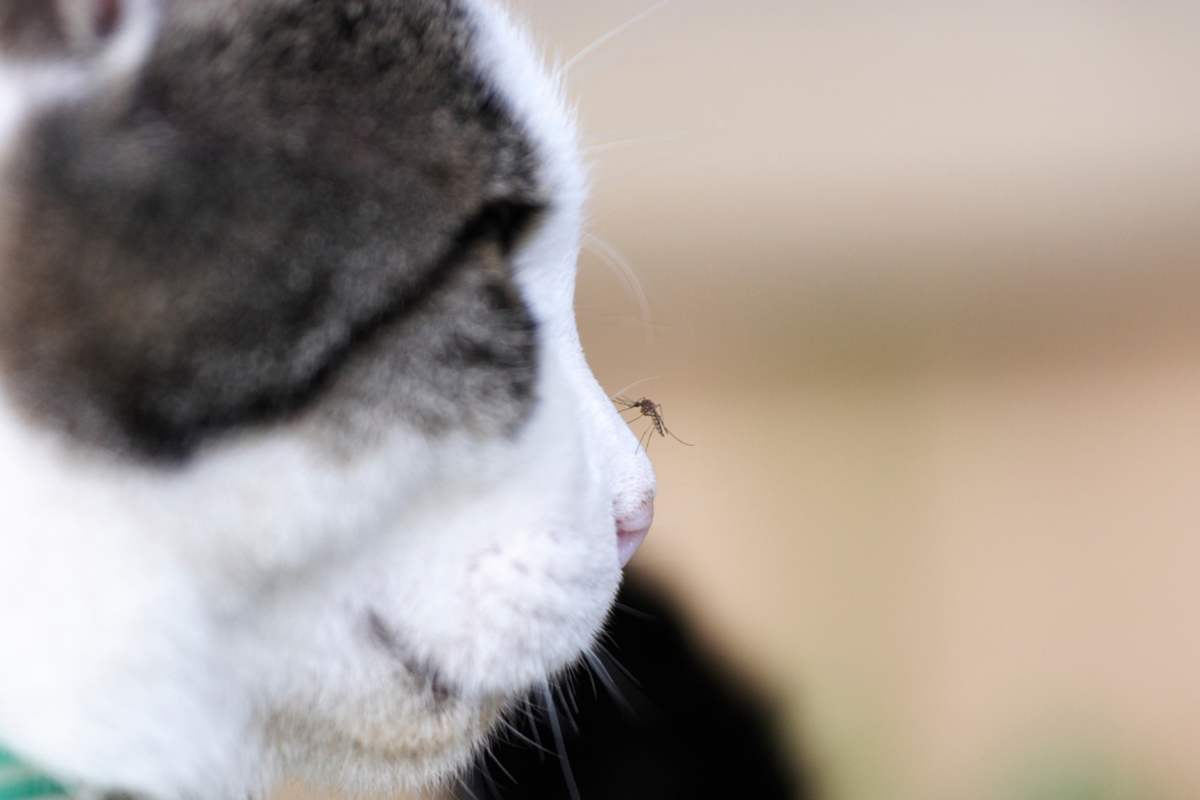
Mosquito bites can cause significant discomfort for pets which can disrupt your pet's comfort and well-being, leading to behavioral changes. Mosquitoes can transmit various diseases to cats and dogs:
- Mosquito Bite Hypersensitivity:
Known as mosquito allergy dermatitis, this hypersensitivity occurs when a pet's immune system overreacts to proteins in mosquito saliva. Symptoms include intense itching, redness, swelling, bumps, and skin infections. Managing this condition involves reducing mosquito exposure and treating the allergic response.
- Heartworm Disease:
Mosquitoes can transmit heartworm disease, a serious condition caused by the parasitic worm Dirofilaria immitis. This disease can lead to severe lung damage, heart failure, and even death. Symptoms include coughing, vomiting, difficulty breathing, lethargy, and fainting. Regular vet check-ups and heartworm prevention medication are crucial to protect your pets.
- Allergic Reactions:
Mosquito bites can trigger allergic reactions in pets, ranging from mild to severe. Symptoms include redness, swelling, itching, and discomfort. In severe cases, pets may experience anaphylactic shock, characterized by difficulty breathing, seizures, and elevated heart rate. Immediate veterinary attention is essential if symptoms worsen.
- Mosquito-Transmitted Diseases:
While less common, mosquitoes can transmit diseases such as West Nile Virus (WNV) and others to pets. Although these cases are rare, they highlight the importance of mosquito control and monitoring for any signs of illness.
Tips to Avoid Mosquito Bites for Your Pets
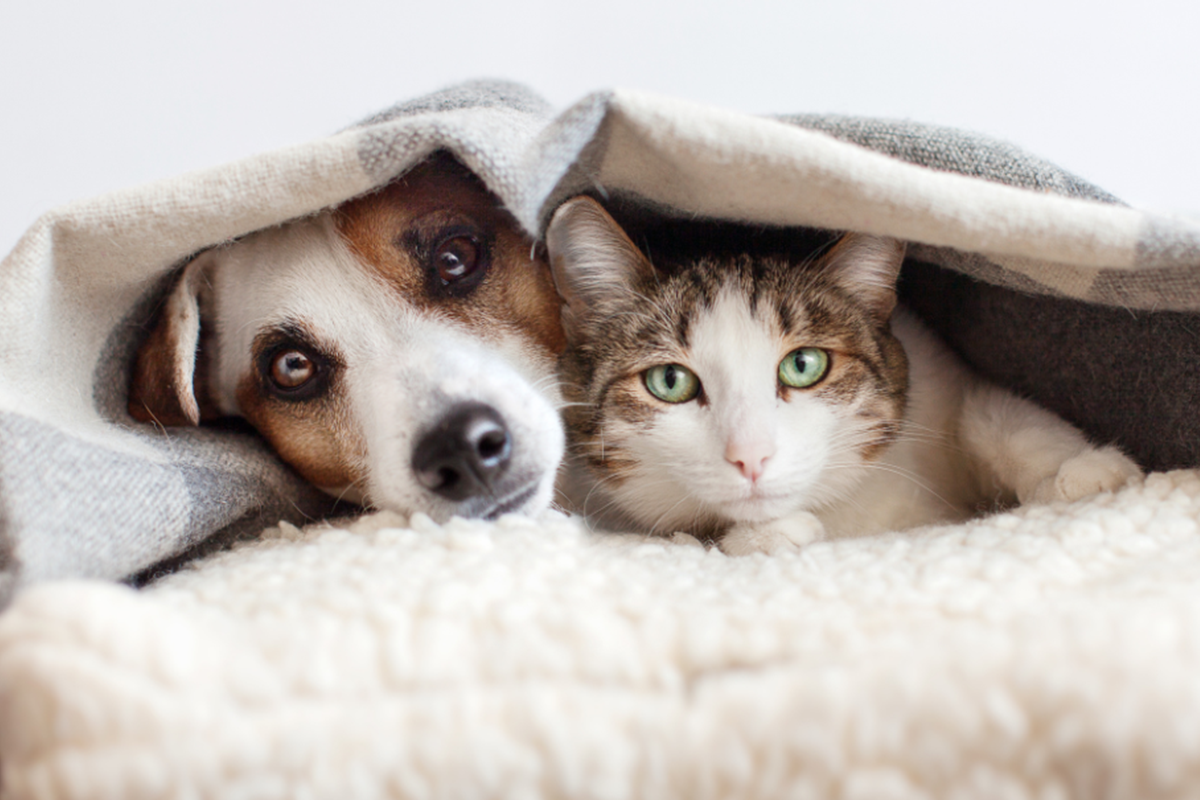
- Using Pet-Safe Mosquito Repellents:
To keep your pets protected from mosquito bites, using pet-safe mosquito repellents is crucial. One such product is our FURRESH Flea & Tick Repellent Spray for Dogs, designed to provide effective protection against pests while being safe for pets. Regular application is essential to maintain effectiveness, especially during peak mosquito activity periods.
- Keeping Pets Indoors:
Mosquitoes are most active during dawn and dusk. To minimize your pet’s exposure, limit their outdoor activities during these times. If your pet needs to be outside, consider using mosquito nets or protective clothing designed for pets. Ensuring that your pet has a comfortable, mosquito-free indoor environment will help reduce their risk of mosquito bites.
- Home and Yard Protection:
Mosquitoes breed in stagnant water, so removing any sources of standing water around your home is vital. Check areas like plant saucers, birdbaths, and pet water bowls regularly and empty or clean them frequently. Consider using a water fountain that can regularly clean your pet's water like Smartpaw Wireless Pet Water Fountain Gen 2, ELSPET Apple Pet Fountain, & PETKIT Pet Water Fountain Gen 6 (APP)!
Additionally, ensure that gutters are clear and that water does not accumulate in any outdoor containers or features. Installing mosquito screens on windows and doors can also help prevent mosquitoes from entering your home. Consider using outdoor mosquito repellents or traps to further reduce the mosquito population in your yard.
- Regular Maintenance and Cleaning:
Maintaining a clean outdoor environment is key to controlling mosquito populations. Regularly remove debris, such as leaves and grass clippings, from your yard, as these can provide ideal breeding sites for mosquitoes. Ensure proper drainage around your home to prevent water from pooling. Keeping your yard well-maintained and free of standing water will help reduce mosquito habitats and lower the risk of mosquito bites for your pets.
- Pet Care:
Regular veterinary check-ups are essential for monitoring your pet’s health and ensuring they are protected from mosquito-borne diseases. Consult your vet about heartworm prevention and other mosquito-related health concerns. Your vet can recommend appropriate preventive treatments and provide advice on managing your pet’s exposure to mosquitoes. Regular grooming can also help minimize mosquito bites by reducing the amount of exposed skin and keeping your pet’s coat clean and healthy. Groom your pets easily at home with grooming kits like Neabot Neakasa P2 Pro Pet Grooming Vacuum Kit & Neakasa S1 Pro: 8-in-1 Pet Grooming Vacuum for Dogs & Cats!
Conclusion
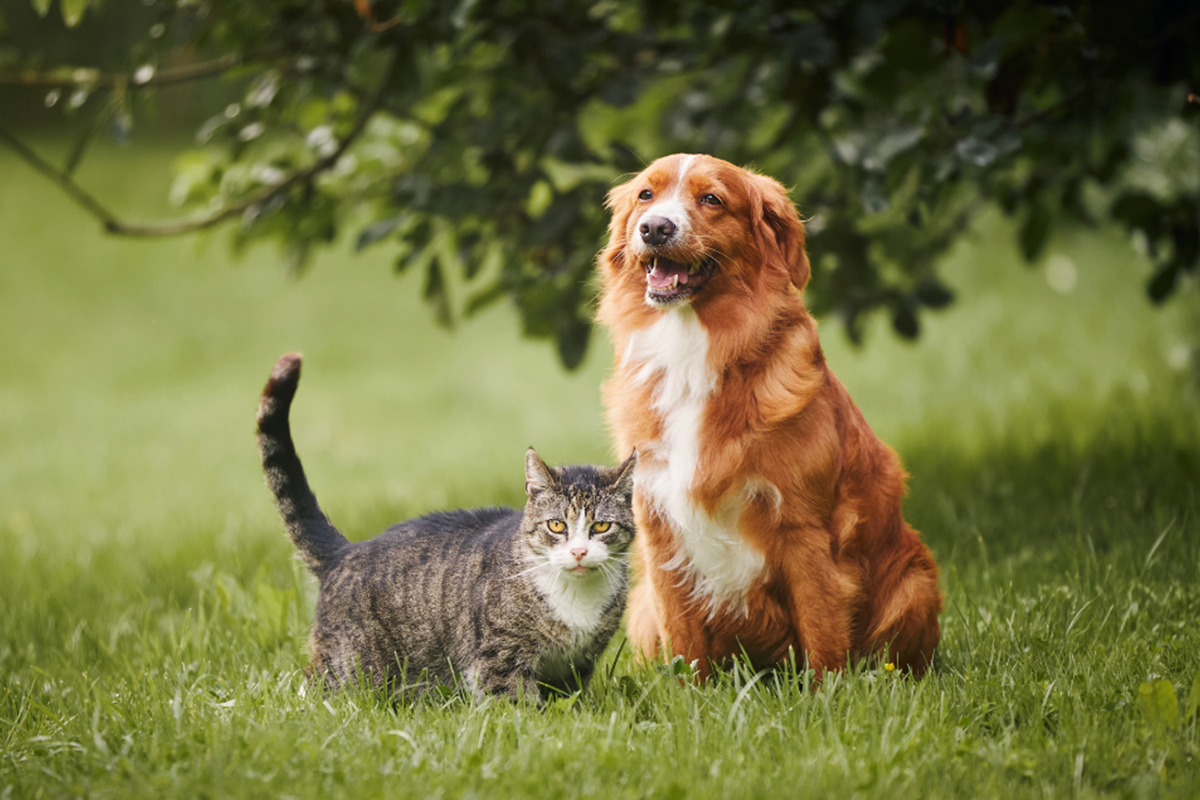
With the rise in dengue cases and mosquito activity, protecting your pets from mosquito bites is crucial. By implementing preventive measures and staying informed, you can safeguard your pets and ensure their health and comfort. Regular vet check-ups and proactive mosquito control will help keep your furry friends safe from the effects of mosquito bites. Always seek veterinary advice if you notice any signs of illness in your pets, no matter how small. Together, let's create a safe environment free of these pesky mosquitoes for our beloved furry companions!
Share this with your fellow pet owner friends who might need this information right now! Feel free to leave a comment down below about your advice or experiences with mosquitoes & pets, we would also love to read them!
Sign up to our newsletter down below & follow us on Instagram @sgsmartpaw to stay up to date with our blog articles!

Rose Hazel San Diego
Hazel loves pets & she has owned cats, dogs, & even hedgehogs! She also fosters cats & dogs in need around her area. With her social media & copywriting background, she gladly shares her knowledge of pets through these articles!
Most Recent Articles

8 Best Pet-Friendly Photography Studios in Singapore for a Pawsome Photoshoot
Looking for the perfect place to capture unforgettable moments with your furry friend? Whether it’s for a special occasion or simply to celebrate your pet’s unique charm, Singapore has a range of p...

7 Valentine’s Date Ideas You and Your Pets Will Love in Singapore
Valentine’s Day isn’t just for couples—it’s a time to celebrate the unconditional love between you and your furry companion! Whether you have a playful pup or a cuddly cat, there are plenty of ways...

8 Fascinating Chinese New Year 2025 Pet Facts You Didn’t Know in Singapore
Celebrate Chinese New Year 2025 with your furry friends! As we welcome the Year of the Snake, discover 8 fascinating ways pets are part of the festivities in Singapore. From preparing "longevity me...






